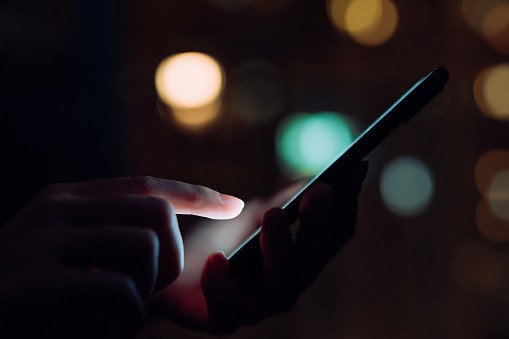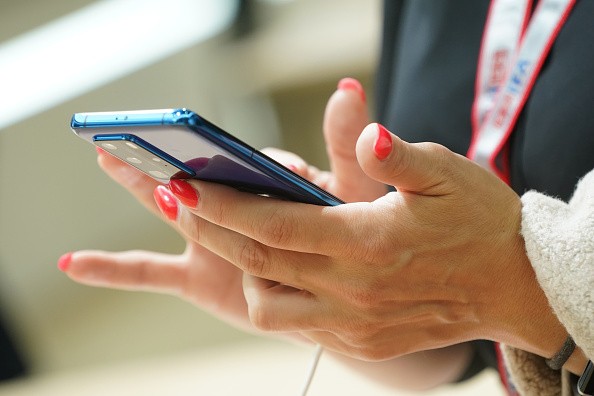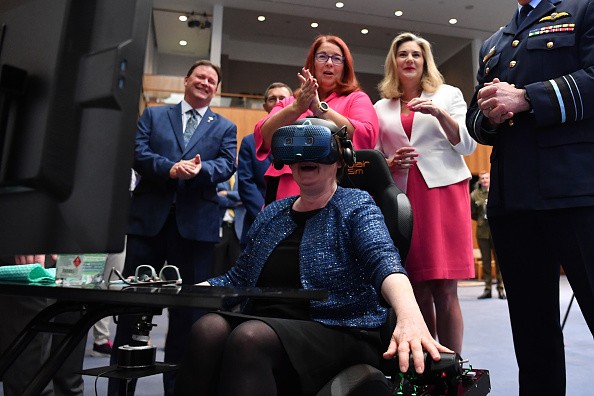Smartphone addiction is a real thing, and it can be really debilitating. This rings even more true in the context of the global pandemic when millions upon millions of people are basically stuck at home with nothing else to do.

Fortunately, it is possible to properly deal with this kind of addiction. The only thing you do (or somebody who cares for you) is to look at the signs. As a result, you'll be able to get the help you need.
Your Smartphone Addiction Often Makes You Lose Track Of Time
According to Fox News, it is incredibly easy for someone with a smartphone addiction to completely lose track of time. You'll feel like you just sat down, then you eventually realize that hours have already passed. The only thing you ever did was look down on your phone screen instead of anything else fun or productive.
Brian Pennie, a contributor for Medium.com and PhD student studying addiction, says that this is comparable to behaviors associated with substance abuse. It also makes the person feel withdrawal symptoms, as well as make them turn to their phone as a coping mechanism whenever things go bad.

You Feel Like Online Relationships Are More Important
Have you ever felt like your loved ones are distracting you from a phone call or chat with somebody online? If so, then that's the problem that you have.
Being addicted to your smartphone can cause relationship conflicts, writes HealthLine. It might make you feel like your real-world relationships are nothing but a distraction to your online ones, which should never be the case.
Some people might think that this problem could be greatly magnified with the metaverse. One of these people is Louis Rosenberg, who invented the world's first working, true augmented reality system.
In an article by ScreenRant, Rosenberg shared his concern that the metaverse has the potential to "distort reality," and even affect how people will perceive and react to things in real life.

The metaverse isn't here yet. But if your smartphone alone is enough to make you feel like the real world is useless compared to the digital one, you need to seek immediate help.
You Feel Lost Without Your Phone
Whenever your phone isn't in your hands, you feel like nothing else in the world matters. Sometimes, you'll even feel anxious, depressed, or find it hard to sleep at night. And this has been scientifically proven in numerous studies, such as one published in the Experimental and Clinical Sciences (EXCLI) Journal.
This feeling also has an offshoot that can affect your performance at work (or school, for students). If things are bad enough, your phone doesn't even need to be in your hands to be distracting. Just a simple notification will be enough to get your focus away from your task.
How Do You Deal With These Issues?
Addiction isn't a choice. There's a medical disposition to be addicted to something, and it all lies within your brain's pleasure and reward centers. The more "rewarding" the task feels, the more you'll want to do it.
As such, dealing with your phone addiction isn't a simple fix. But that doesn't mean it's impossible. One of the best options you have is cognitive behavioral therapy (CBT), which has been proven to help alter specific behavior patterns.

One study conducted by Pew Research (via the Radiological Society of North America) even shows CBT's effectiveness in handling brain chemistry changes linked to your phone addiction.
If things aren't so bad for you that therapy isn't explicitly needed, you're lucky. For those who are in that kind of situation, you could do well with a simple, temporary digital detox. Unplug for a few hours every day. You'll reap the benefits.
Related Article : iPhone Screen Time Shows Device Usage; How to Use It--Women More Vulnerable to Smartphone Addiction?
This article is owned by Tech Times
Written by RJ Pierce
![Apple Watch Series 10 [GPS 42mm]](https://d.techtimes.com/en/full/453899/apple-watch-series-10-gps-42mm.jpg?w=184&h=103&f=9fb3c2ea2db928c663d1d2eadbcb3e52)



